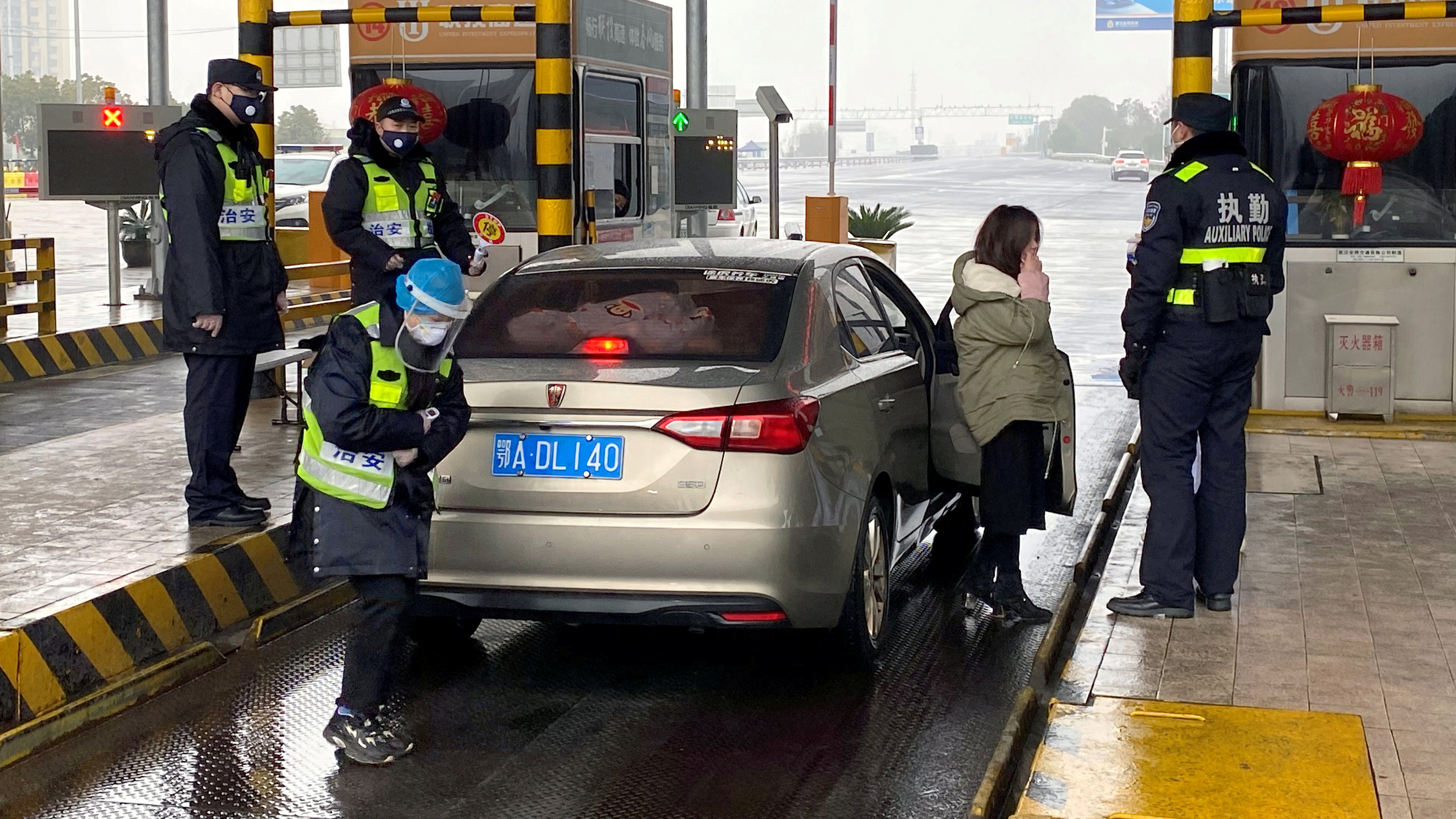HONG KONG — While China’s state-run media has urged calm and praised the official response to the coronavirus outbreak, a different story is playing out across the country’s tightly controlled social media networks.
In the digital world, China’s citizens are expressing panic and frustration. They are overcoming a lack of reporting in the official media by sharing their own videos and information — sometimes inaccurately.
Some are even evading censors, who commonly stifle criticism of the government, to register complaints about how officials have handled the crisis. They have criticized officials for failing to contain the initial outbreak in Wuhan, the capital of the central province of Hubei; for limiting residents to overcrowded facilities in the region; and for not visiting the affected areas.
“Let’s not interrupt the leaders while they listen to songs and go abroad for interviews,” one commenter wrote sarcastically.

But residents are still using social networks and messaging platforms to offer on-the-ground accounts of the crisis that are difficult to find elsewhere.
Users have shared experiences of waiting in lines at hospitals for hours, shuttling sick loved ones from hospital to hospital, only to be sent home without being tested for the coronavirus. Some videos, like one taken on an unknown date at Wuhan No. 7 Hospital, have made their way from China’s closed-off internet onto networks like Twitter.
Several hospitals in affected cities have sent out pleas for donations online, saying they were running short of surgical masks, gloves and other supplies. Some health workers spoke of the challenge of getting to hospitals in cities where public transportation has been shut down and taxi services suspended.
Videos circulating in chat groups and social networks show patients in Wuhan being loaded into an ambulance by workers wearing full-body protective suits outside a primary school, or transported in a plastic tube in Huizhou, a city in the southeastern province of Guangdong. Several videos have emerged of a patient being wheeled through an airport in a sealed-off cage.
The videos often lack crucial identifying information, including when they were filmed, but many have spread rapidly in recent days among Chinese internet users in the absence of more official information. The state-run media has largely played down the crisis, focusing instead on the encouragement of government officials and the heroism of medical workers. Only a few news outlets have reported critically on the handling of the outbreak by the health care system and the government.
In the vacuum, misinformation has flourished. One article claimed to cite a health expert as recommending that people counter the virus by rinsing their mouths with salt water, but the expert never said it and the tactic is ineffective. Another widely read but completely false post claimed that setting off fireworks would sterilize germs in the air.
China’s National Health Commission even went so far as to debunk popular reports saying that drinking a traditional Chinese medicine herb known as indigowoad root, mixed with smoked vinegar, could prevent infection by the coronavirus.
Still, the digital networks have proven useful in conveying the human toll of the virus.
“Save my life, doctor, I have the fever too,” a woman in a mask wailed in a widely circulated video, as hospital workers in protective suits walked in and out of what appeared to be a crowded waiting room.
Tiffany May and Elaine Yu contributed reporting.

